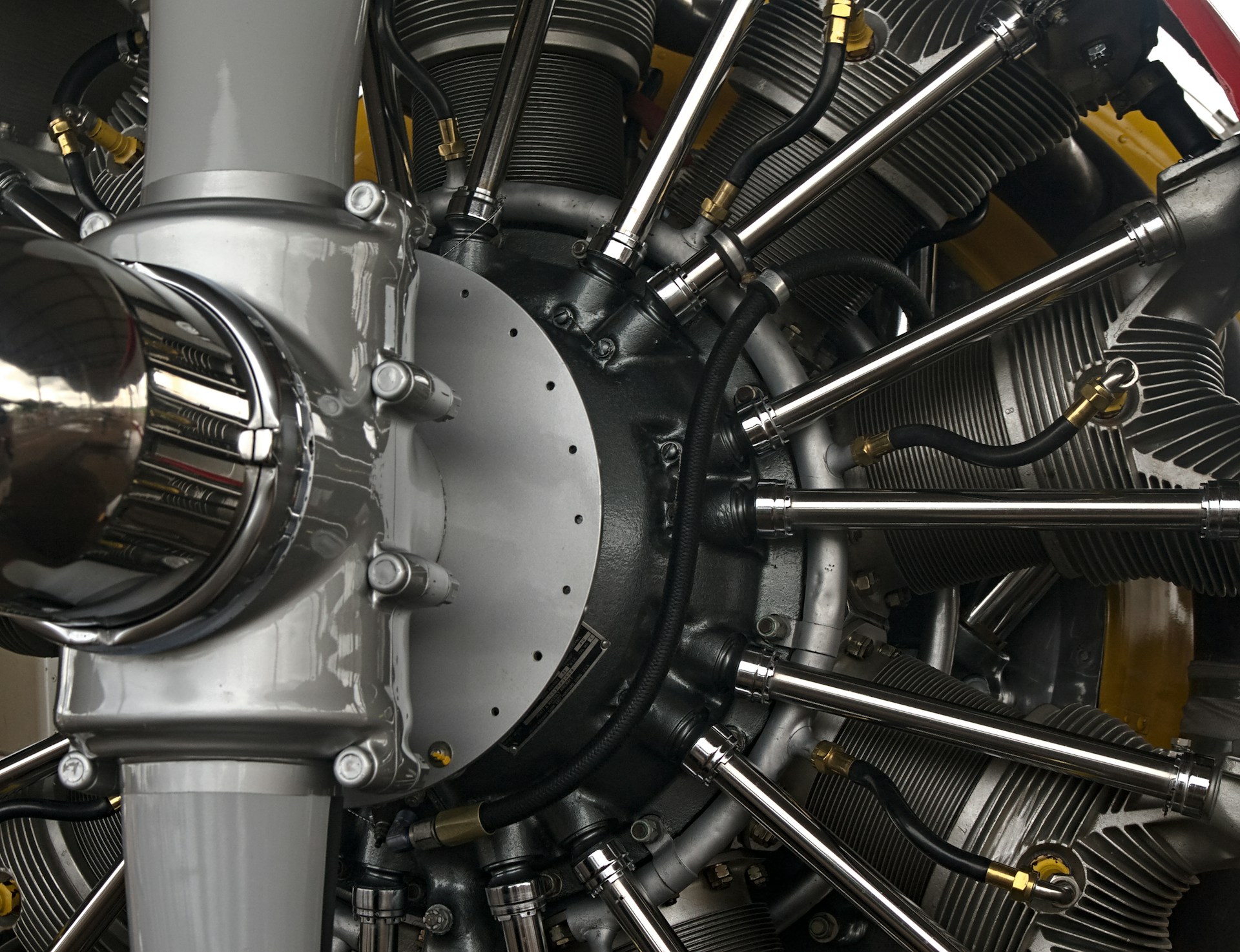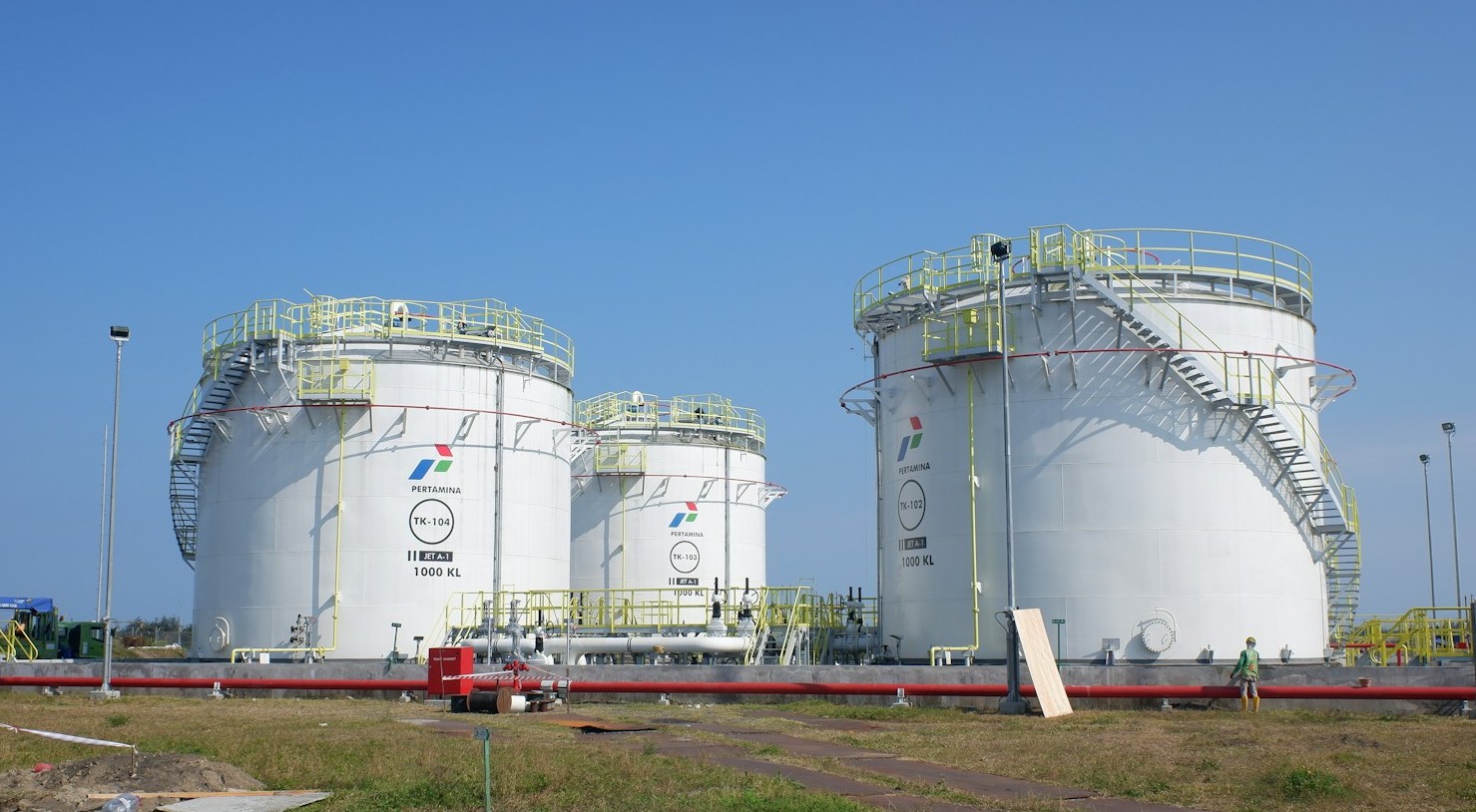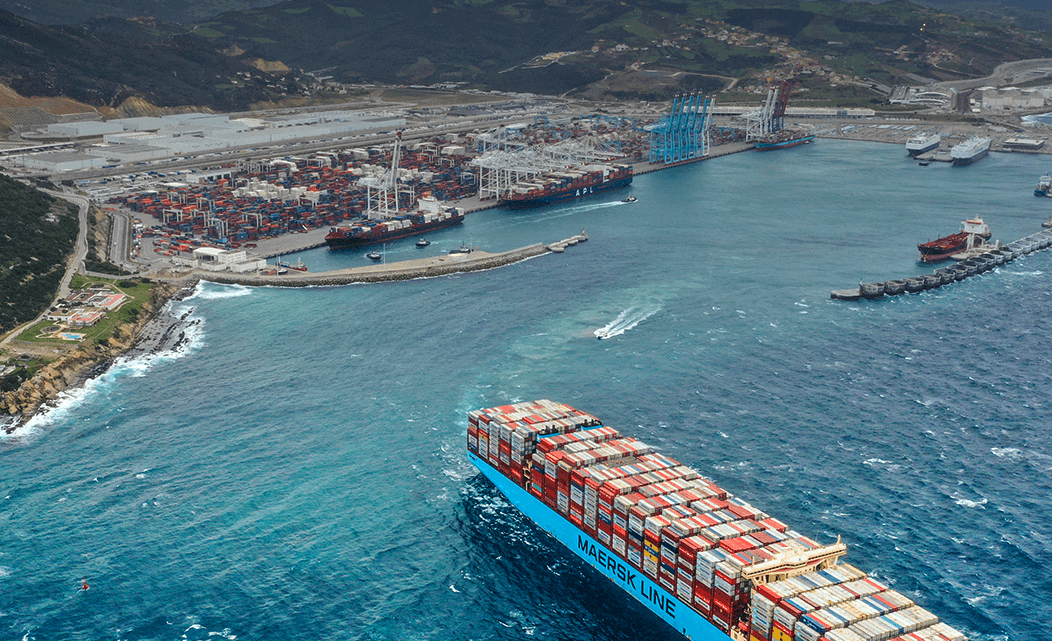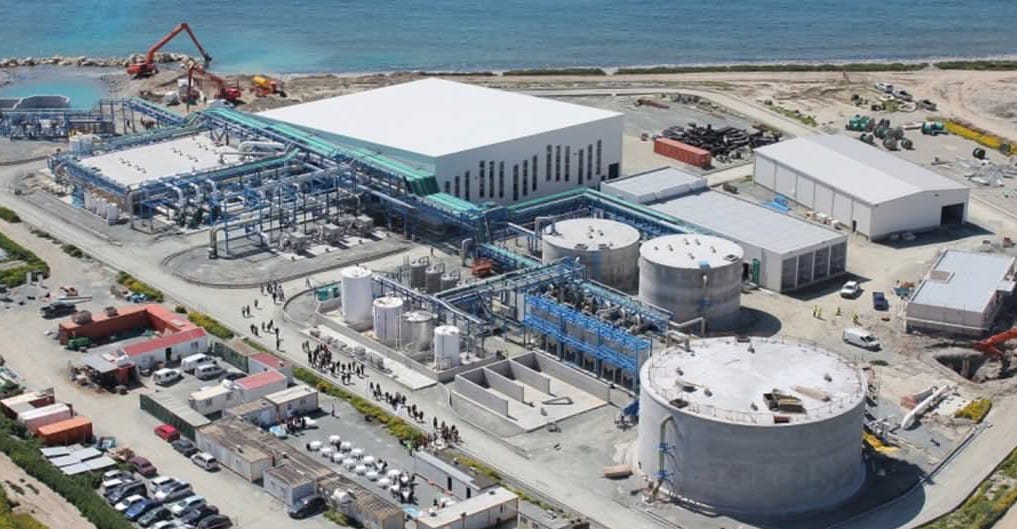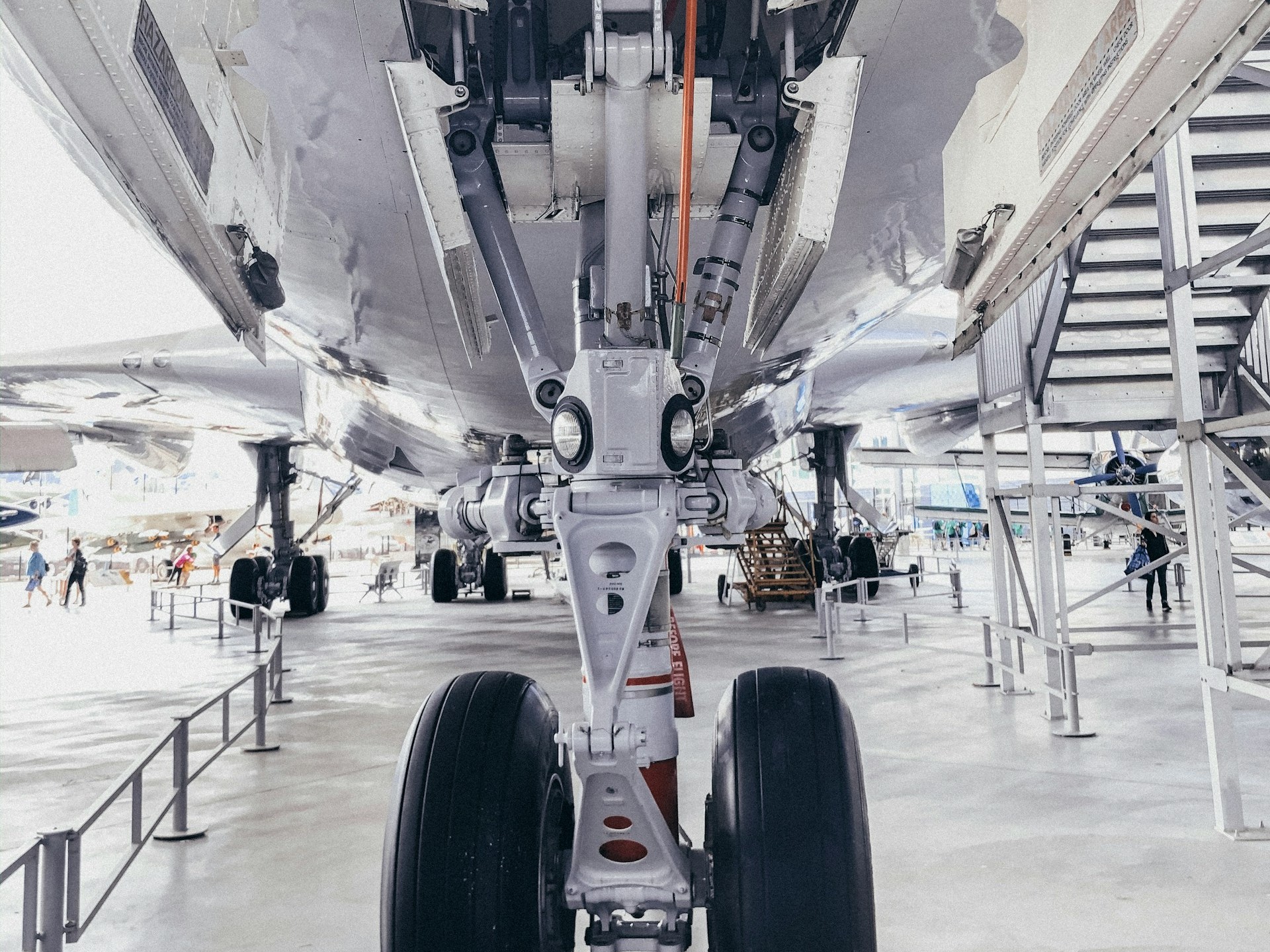Casablanca – Morocco has increasingly become a beacon for international companies in the aircraft manufacturing sector, marking significant achievements in recent years. The number of active companies in this field has risen to 142, creating approximately 20,000 jobs. In 2022, the aviation sector’s exports reached approximately $2.16 billion, a substantial increase from $1.55 billion in 2021.
A report from “Manufacturing International,” specializing in global industrial affairs, highlights Morocco’s strategic positioning in the aviation industry. Guided by a clear trajectory, Morocco aims to solidify its place among industrial sectors like automotive, leveraging its capacity to generate foreign currency and stimulate economic activity across diverse industrial zones.
Ryad Mezzour, overseeing the sector, outlines Morocco’s ambitious goal to domestically assemble complete aircraft by 2030. This vision aligns with the significant local manufacturing of aircraft components, including engines, interiors, and wings. This ambitious goal is further supported by significant achievements, as Morocco is now ranked among the top 20 nations globally in aircraft parts manufacturing.
The Moroccan government approved a draft decree in April, setting standards for the design, production, and maintenance of aircraft. This decree aims to enforce provisions of the civil aviation law, outlining the technical specifications manufacturers must meet to gain official accreditation. Minister Ryad Mezzour emphasized that although the aircraft will not be entirely Moroccan—a common occurrence in the global aerospace industry—the goal is to produce and assemble an aircraft with all components sourced within Morocco.
Minister Mezzour also highlighted comments from Guillaume Faury, CEO of Airbus, who emphasized that “there is no airplane in the sky that does not contain a part made in Morocco.” This international acknowledgment reinforces Morocco’s position as a vital player in the global aerospace supply chain.
The report underscores Morocco’s growing interest in the aviation sector, driven by a global uptick in demand for commercial aircraft projected to increase by 2.5% from 2024 to 2034. Seeking to maintain its leadership in Africa, Morocco has emerged as a promising aviation hub, attracting attention from leading countries and securing contracts with aviation giants like Boeing and Airbus to bolster production capabilities.
Morocco’s competition with previously dominant countries in aviation, such as Thailand and Mexico, has been disrupted by Rabat’s efforts to meet global manufacturers’ demands for skilled labor and new facilities for parts repair and construction. These initiatives have enabled Morocco to achieve significant economic gains, surpassing $2 billion in 2024 alone.
“Manufacturing Digital” further highlights Morocco’s advanced standing in the aviation industry, ranking third in MENA and 36th globally in 2020. This ranking reflects Morocco’s strides in production, transaction volume, and the socio-economic impact of an industry employing over 20,000 workers.
An important aspect of Morocco’s aviation sector is its integration of women, comprising approximately 42% of the workforce in factories under foreign and Moroccan ownership. Morocco has successfully attracted international companies like French Safran, a leading African manufacturer of CFM56 engines since 1999. Safran’s partnerships with Moroccan universities and training institutes underscore its contribution to Morocco’s industrial growth in aviation education.
The report also mentions Morocco’s SABCA, part of the Belgian Oreizio group, collaborating with global entities such as Airbus and Dassault Aviation. Additionally, Belgian SABENA operates a maintenance center in Ben Slimane, specializing in air force maintenance solutions.
Recently, an alliance of American companies—including Stratos Industries, Kansas Modification Center, and Integrated Aerospace Alliance—selected Morocco to establish an industrial platform in Casablanca. This initiative aims to convert Boeing 300ER-777 aircraft into P2F cargo planes, with plans to convert eight such aircraft annually.
Economic experts in Morocco credit the influx of foreign investments to the country’s conducive business environment. Factors such as access to skilled labor, strategic geographical positioning near international industrial hubs, and the establishment of specialized institutes for training technicians and engineers have further enhanced Morocco’s appeal as a global industrial player.
Morocco’s commitment to economic diversification through partnerships with international aviation firms is evident. The country is embracing digital transformation and artificial intelligence to attract more commercial aviation ventures and expand production capacities for aircraft components. With such robust infrastructure and a clear vision for the future, Morocco is well on its way to becoming a key player in the global aviation industry.






